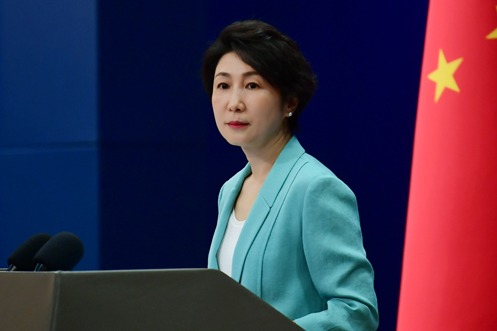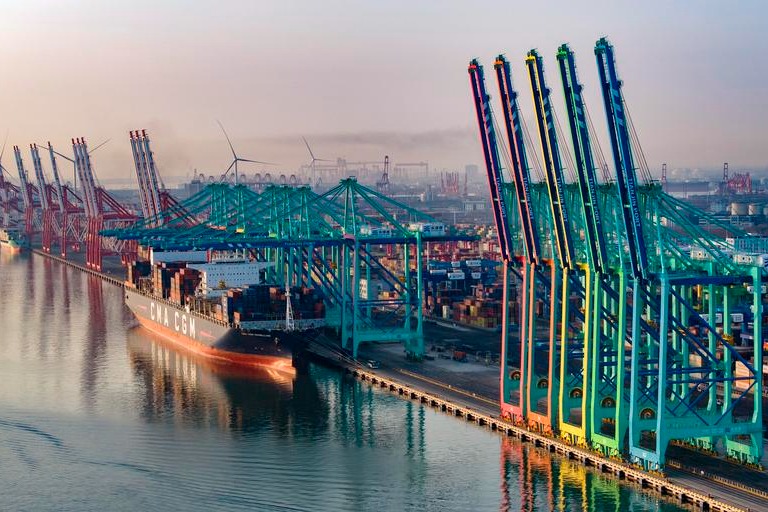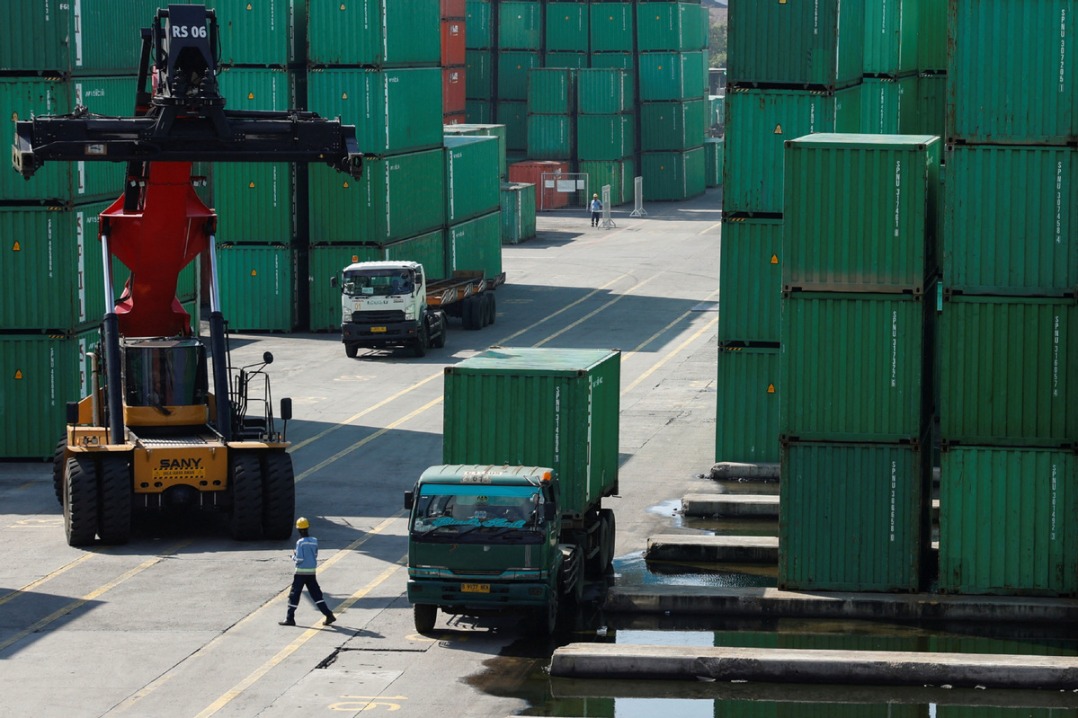SE Asia faced with dual challenge amid COVID

Balance between climate goals, energy needs among pressure to grow economy
Southeast Asian nations face a challenging task in finding a balance between their climate commitments and the needs of their growing post-pandemic economies, with most still dependent on fossil fuel-based energy systems despite their pledge to reduce carbon emissions.
While governments have made efforts to promote decarbonization by investing in renewable energy sources, countries in the region have to modify their dependence on coal and other fossil fuels, analysts said.
Allen Wang, director of power and renewables at global research and information provider IHS Markit, said developing ASEAN economies want affordable and reliable power capacity to sustain economic growth. But at the same time, these countries need to consider how to cut carbon emissions in line with the Paris accord.
Southeast Asia is home to only 4 percent of current global coal capacity but it accounts for 15 percent of new coal power plants planned or under construction worldwide, a report from the Germany-based Friedrich Ebert Foundation said.
The report said coal-fired power generation grew 12 percent in Southeast Asia in 2019, while it dropped elsewhere. Coal capacity has more than doubled in the region since 2010. The report was published in March in partnership with Berlin-based nonprofit group Climate Analytics, the Climate Change Working Group in Vietnam, and Climate Action Network Southeast Asia.
This puts into question the commitment by the Association of Southeast Asian Nations to the international climate change accord that was adopted in Paris in 2015. The 10-member ASEAN is among the 195 signatories which pledged to cut carbon emissions to keep the global temperature rise well below 2 degrees Celsius.
"Renewable energy development, carbon reduction technologies, and international financial support will be the essential items to balance climate commitments and to achieve their net-zero targets," Wang said.
Creating efficient system
Renato Redentor Constantino, executive director of the Manila-based think tank Institute for Climate and Sustainable Cities, said developing ASEAN economies should stop viewing decarbonization as the main goal. What is more important is to create an efficient power system.
Constantino said coal and fossil fuels are "far more polluting, unreliable, and expensive" energy sources, while the cost of renewable energy is going down, making clean energy a "mainstream option".
Modernizing the power grids will help in the rapid absorption of renewable energy, he said, adding this presents a massive opportunity for countries like China given their considerable experience in power generation and grid management.
Singapore leads ASEAN in such investments. In April, state investor Temasek Holdings partnered with giant asset manager Black-Rock to commit a combined $600 million in initial capital to invest in private companies that use technology to reduce carbon emissions.
State-run Electricity Generation Authority of Thailand is installing over 140,000 solar panels on a reservoir in the nation's northeast province of Ubon Ratchathani. Touted as one of the world's biggest hydro-solar hybrid projects, Thailand plans to replicate this project in other dams.
In Malaysia, Petroliam Nasional Bhd, commonly known as Petronas, is hoping to achieve net zero carbon emissions by 2050. The state-owned oil firm plans to cut emissions by improving energy efficiency, investing in renewable energy and emission reduction technologies, and helping to preserve and restore the capacity of ecosystems as forest-based carbon sinks.
Helena Varkkey, senior lecturer in the Department of International and Strategic Studies at the University of Malaya, welcomed Petronas' net-zero emissions goal, but noted the country remains reliant on coal for energy.
"Palm oil is an important sector of our economy, and we should work more seriously on the sustainability of the sector," she said.































